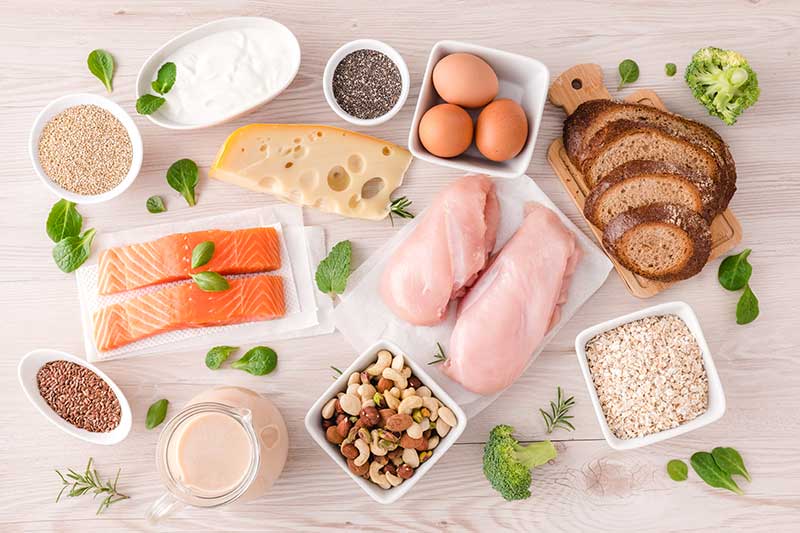Surgical intervention is a significant event that requires cautious thought and preparation. Whether it is a minor or major procedure, the body undergoes a period of healing and recuperation afterward. While medical care and rest are essential during this time, the role of nutrition in supporting the body’s healing process is often neglected. In this blog, we will discuss how the correct foods can accelerate post-surgery recovery by supplying vital nutrients and promoting the restoration of health.
Nourish with Protein
Protein is the fundamental building block for tissue restoration and plays an essential role in the healing process. It is essential to consume ample quantities of high-quality protein after surgery. Choose lean meats such as poultry, turkey, or fish, or plant-based sources including beans, lentils, tofu, and quinoa. Greek yogurt, eggs, and cottage cheese are additional superb sources of protein. Protein should be consumed at every meal to promote wound healing and tissue regeneration.
Embrace Antioxidant-Rich Foods
Adopt a Diet Rich in Antioxidants: Surgical procedures induce oxidative stress in the body, which can hinder the healing process. Include a broad variety of fruits and vegetables in your diet to combat this. These vibrant foods are loaded with anti-inflammatory and cell-repair-promoting antioxidants. Excellent options include berries, leafy vegetables, citrus fruits, broccoli, tomatoes, and bell peppers. Herbs and spices such as turmeric, ginger, and garlic have potent anti-inflammatory properties that can aid in your recovery.
Healthy Fats for Optimal Healing
While it is essential to limit toxic fats, healthy fats can provide numerous benefits during recovery. The anti-inflammatory properties of foods rich in omega-3 fatty acids, such as fatty fish (salmon, mackerel, and sardines), avocados, almonds, and seeds, aid in the healing process. In addition, these lipids facilitate the absorption of fat-soluble vitamins, which are essential to your overall health.
Fiber for Digestive Health
After surgery, painkillers, anesthesia, and decreased physical activity can cause constipation and digestive discomfort. Incorporating fiber-rich foods into your diet can prevent these conditions and promote a healthy digestive tract. Whole cereals, legumes, fruits, vegetables, and nuts are all outstanding fiber sources. Maintain adequate hydration to maximize the benefits of dietary fiber and facilitate digestion.
Hydration and Nutrient-Dense Beverages
Proper hydration is essential for recovery. Water aids in nutrient transport, contaminant elimination, and the maintenance of all bodily functions. Consider including nutrient-dense beverages such as herbal teas, freshly squeezed juices, and homemade stews in your regular water intake. Consuming excessive amounts of sweetened beverages and caffeine can dehydrate the body.
Vitamins and Minerals
Certain vitamins and minerals are especially vital to the healing process. Vitamin C is essential for collagen production and immune function. Include in your diet citrus fruits, berries, kiwi, and leafy vegetables. Vitamin A promotes tissue regeneration and strengthens the immune system. Include vegetables, sweet potatoes, spinach, and apricots in your diet. It is found in lean proteins, shellfish, legumes, and seeds.
Although surgery necessitates medical attention and ample rest, one should not underestimate the importance of nutrition in aiding the body’s recovery. By prioritizing a diet rich in protein, antioxidants, healthy fats, fiber, and essential vitamins and minerals, you can maximize your body’s restorative potential. Consult your healthcare provider or a registered dietitian for individualized dietary recommendations based on your specific surgery and unique needs.
